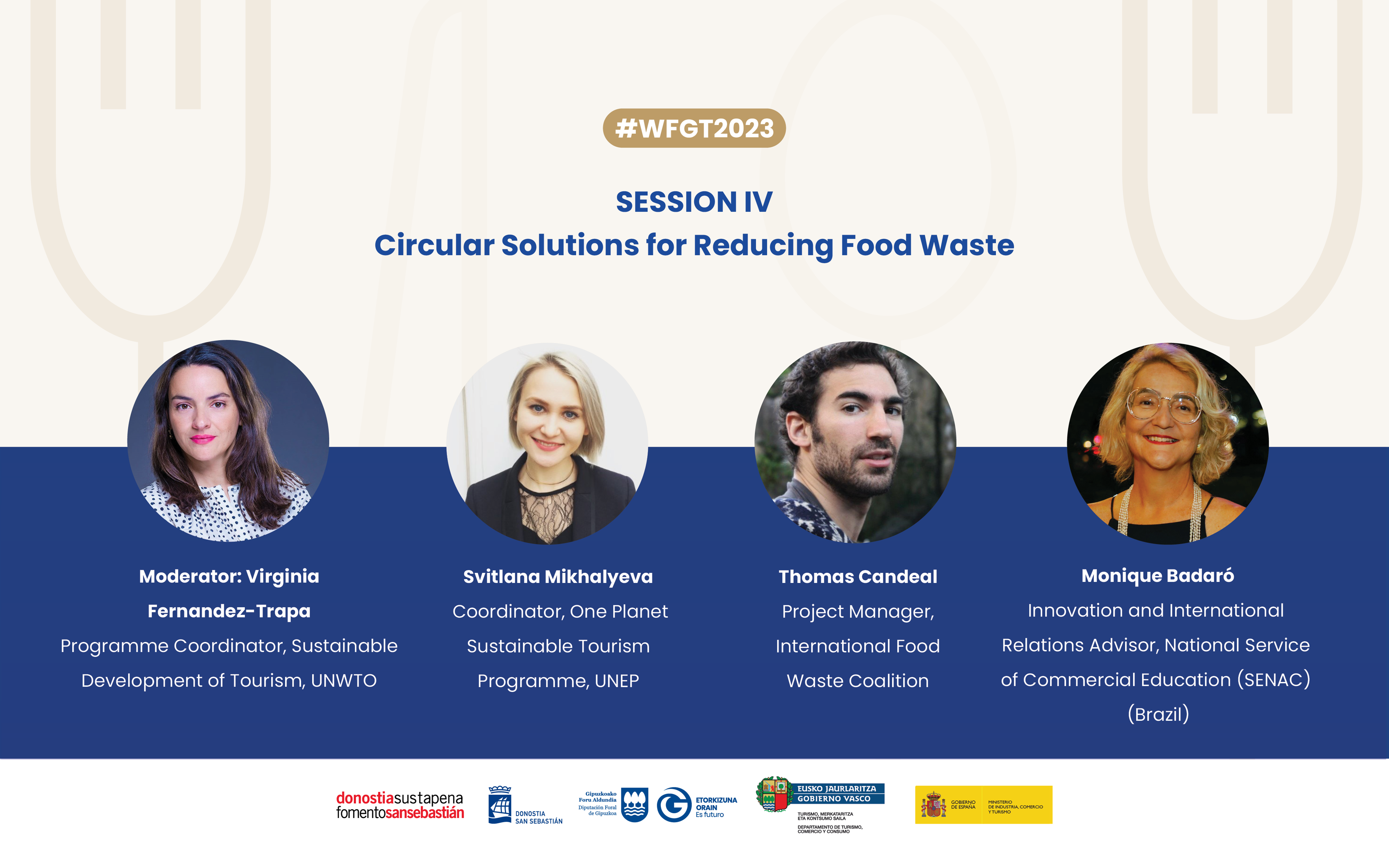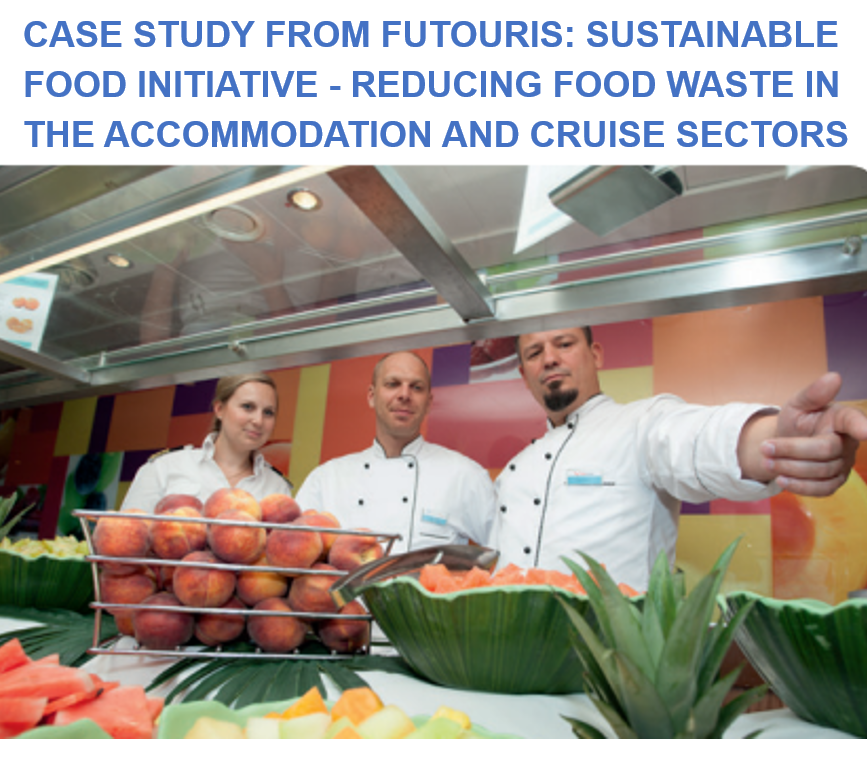CASE STUDY FROM LINDBLAD EXPEDITIONS: WAR ON FOOD WASTE
Background
Lindblad Expeditions is an expedition travel company offering cruises to destinations on all seven continents aboard 15 ships with capacities ranging from 28 to 148 guests.
Lindblad Travel founder and father of Lindblad Expeditions founder Sven-Olof Lindblad, Lars-Eric Lindblad, is regarded as the father of ecotourism, and championed his belief that travel to difficult-to-reach places encourages a desire to preserve and protect the planet. In 2004, Lindblad Expeditions partnered with National Geographic, pairing expedition leaders, naturalists, and historians with National Geographic scientists, oceanographers, and other experts.
Environmental sustainability is at the heart of Lindblad Expeditions' operations, with the company achieving carbon neutrality in 2019. Part of this work is careful procurement and service of food and managing food waste.
Actions taken
Minimizing food waste is a priority for Lindblad Expeditions and is at the core of their food program. A wide range of behaviors have been introduced fleetwide to adjust how crew is trained, how menus are planned and executed, and how food is procured. Actions have included:
· “Smart” purchasing strategies to limit waste, including careful menu planning and par levels.
· Procuring food locally, focusing on smaller quantities purchased more often. This also results in reducing shipping of procured food, shrinking the carbon footprint of Lindblad’s supply chain.
· Careful maintenance of food stores. If overstock is observed in storage areas, or another source of food surplus is noticed, chefs will adjust menus to make use of ingredients that are at risk of going to waste.
· Plated meals prioritized over buffet food service.
· Cross-utilization of ingredients across menu items, including experimental menu offerings such as vegan bacon produced from banana peels, potato peel chips, corn husk as a smoker starter, and use of cuttings to make stocks, sauces, mousses, and rillettes. Additionally, cross-utilized ingredients and surplus are served for crew meals.
· Extending ingredient quality by pickling, fermenting, and preserving.
· Requesting guests indicate their dinner selection each morning (meat, fish, vegetarian) to help reduce over production.
· Offering a presentation, War on Food Waste, led by the Hotel Manager and Chef to share strategies the crew is using to cut waste.
Outcomes/lessons learned
· Publication of A Travel Advisor’s Guide: Sustainable Travel, with a dedicated section on sustainable food, to help travel professionals introduce sustainable tourism options to their clients.
· By the end of 2022, every culinary crew member aboard a Lindblad Expeditions vessel will have received training on initiatives to cut down on food waste.
· In 2021-2022, Lindblad Expeditions reduced food waste by 45% as tracked through food cost by shifting to plated meals.
· In 2021, vegetable purchases were reduced by 10% as cross-utiliization of scraps offset procurement for stocks and sauces, and more focus is placed on preserving and fermenting foods.
· Each week aboard Lindblad’s Galapagos voyages, an average of 25 kgs of food is sent to be composted by farmers on Santa Cruz Island.
· Crew training on efficient food prep has resulted in a reduction of 8% of prep waste daily.
· Meal Sign-Ups for travellers are offered on 100% of Lindblad vessels.
Next steps
Lindblad Expeditions will continue their ambitious strategies to limit and manage food waste. Future work will include:
· Increasing crew and guest awareness via weekly workshops and reinforcing messages on the importance of food waste and how to reduce it.
· Annual training for galley teams to maximize ingredient preparation yields, cross-utilize ingredients across applications, and properly store and rotate perishable food.
· Expand “nose-to-tail” menu approaches by hosting a chef competition on full-use recipes.
The case study has been provided by Lindblad Expeditions in support of the Global Roadmap for Food Waste Reduction in the Tourism Sector demonstrating the value of taking action to prevent food waste.
External source(s)



